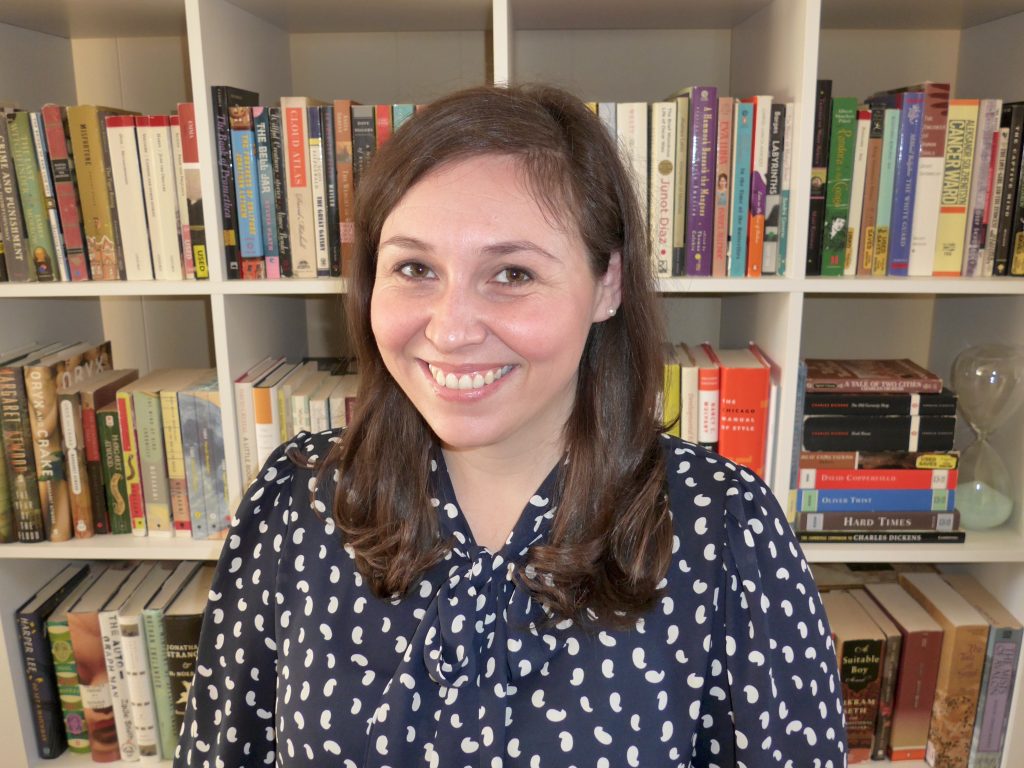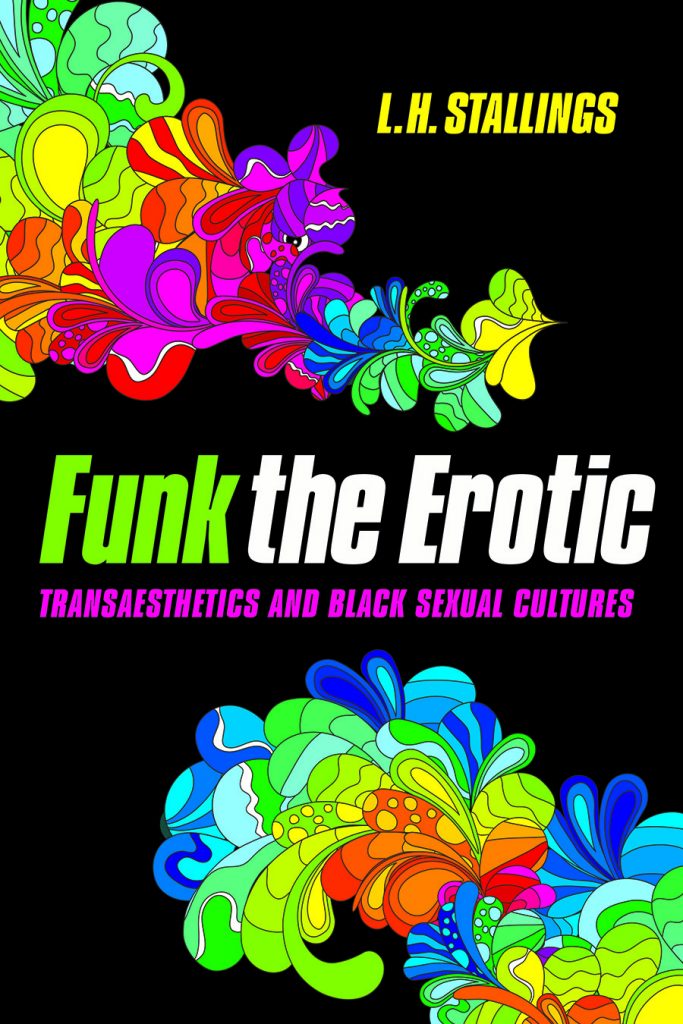On Writing the Book Proposal: An Interview with Dawn Durante

This month I interviewed Dawn Durante about best practices for book proposals and the scholarly publishing process. Durante is a Senior Acquisitions Editor at the University of Illinois Press. She acquires books in the fields of African American studies, American studies, religion, and women’s, gender, and sexuality studies, and oversees the acquisitions for ten series, including The New Black Studies Series and Women, Gender, and Sexuality in American History. You can follow her on Twitter @dawnd.
Keisha N. Blain: What do you think is the biggest misconception about the process of writing the book proposal?
Dawn Durante: In my opinion, the major misconception about the purpose of the book proposal is that it is solely for the benefit of an editor or a publisher to gauge interest in the book project. Proposals can be a much more valuable tool that serve authors better when drafted well before the point of contacting an editor. I often get asked about when the right time is to be thinking about a book proposal. An author should begin crafting a proposal as soon as they are beginning to develop the book. When a scholar is preparing a proposal for a press, they must articulate key arguments, audiences, and lay out the framework and arc of the book. Many of these issues are aspects authors are thinking through (or should be thinking through) from the very conception of the project. For instance, if someone has not thought deliberately about the key stakeholders and most likely audience for the project prior to the proposal, then how has the book’s organization and writing style been appropriately designed and implemented? A proposal constructed at an early juncture can serve as a guide for the writing process and should be refined up until the point it is submitted to an editor. I have encountered authors who are hesitant to invest time in a proposal early on given all the competing commitments scholars have to deal with, and I certainly understand that. However, having a well-thought-out proposal on hand can be useful for a variety of job, grant, or fellowship applications, and more importantly, a fully conceived proposal can be a beneficial roadmap for an author from the very beginning of their project’s development.
Blain: When you receive a new proposal, what’s the first thing you look for?
Durante: The first thing I evaluate in a proposal is fit. I look for fit in two capacities. The first is the fit within scholarship in general, and some factors I consider here are originality of the argument, intervention, or archive, and the scholarly merit of the project overall. Once I assess the fit for these scholarly concerns, then I think about how the project fits with the scholarly mission of the press, my areas of acquisition, or a series if an author has demonstrated an interest in one.
In my experience, one of the most frequently missed opportunities is utilizing a proposal to elaborate on why a project has been submitted to a particular press. For example, I receive a very high volume of submissions for The New Black Studies series. In many cases, though, the proposal neglects to contextualize how the project advances the goals of the series or is in conversation with other books in the series. In the case of The New Black Studies Series, proposals that articulate how a project carves out a new theory or framework for black studies are always more compelling. I think of the way that L.H. Stallings’s Funk the Erotic: Transaesthetics and Black Sexual Cultures created a completely new black study using the multi-sensory concept of funk. As it establishes a new rubric for black studies, there was never a question that this project fit with the commitments of the press, my acquisitions priorities, and the series goals.

My advice would be not to assume an editor will see the same connections between the press and your project as you do. One great strategy is to include relevant books published by the press you have submitted to in the section of the proposal where you discuss competing titles. Think of it this way: you back up your argument in your book with evidence; in your proposal, you should also provide evidence of why a press and your project are a good fit for one another. An editor may see the same connections as you, but editors review a lot of materials, so why leave anything to chance?
Blain: What advice would you give to junior scholars, especially those who are interested in writing a book proposal based on a revised dissertation?
Durante: I work with many scholars who are revising their dissertations into books. The first thing for early career scholars to assess is whether there is a viable book project that could evolve from the dissertation. This is a good question for newly-minted PhDs to consider as soon into the revision process as possible, because transforming the dissertation into a book is such a long and arduous process.
Revising a dissertation into a book is like tearing down a building and trying to rebuild a better building from the same pieces. If you use exactly the same pieces, you are going to get the same building. You have to invest in improvements. For the dissertation-to-book process, improvements can mean re-conceiving the book’s structure, enhancing your argument, or conducting more research; usually, it means doing all of these. Beyond these more macro elements of the book, an author also needs to attend to the equally important but more close-grained elements of writing style and harnessing an authoritative voice.
When approaching an editor about a revised dissertation, either in person or via a written proposal, my main advice is to be prepared to articulate your core scholarly intervention as well as how the book has shifted from a project intended for an audience of your committee members to a project for a broader audience. Pitch the book project, not the dissertation project. In a proposal, ensure that the editor has your perspective on the importance of the project by being deliberate, specific, and authoritative.
Blain: What are the primary reasons that you would turn down a book proposal (especially before sending it out for external review)?
Durante: I mentioned earlier that one of the first aspects of a project I assess is fit. A good fit between a project and a publishing program is a primary reason to pursue publication; on the flip side, lack of fit is a primary reason I turn down projects.
I see a core element of my role as an acquisitions editor as being a liaison between the press and an author, and a responsible decision not to pursue a project early on is for the benefit of all parties. For everyone involved (me included), publishing takes a great deal of time and resources. When we are all investing so much energy, I want to see the most fruitful publication possible, and sometimes I know that is with another press. It never feels good to turn down a project, but I believe that taking on a project when it would be an outlier among other books and publishing commitments is a great disservice to an author who spends years writing the book and a lifetime promoting it. And, turning down some projects means we can better support others and leaves resources available for taking on the most productive publishing partnerships. For example, I think of a project like Brittney C. Cooper’s Beyond Respectability: The Intellectual Thought of Race Women, which has been a true joy to work on, partially because I know what a perfect fit the book is for University of Illinois Press’s publishing and marketing strengths in women’s, gender, and sexuality studies and African American history.

Blain: What kind of proposals would you be excited to receive in your inbox? Are there specific topics that align with your publishing goals for the next three to five years?
Durante: I am always excited when new prospective projects come across my inbox–one of my favorite parts of my job is all the possibility that comes with digging into a proposal that is completely fresh! In the next few years, I will be keen to see how scholars push themselves further to connect their critical work on topics like history, identity politics, and social justice to larger audiences and to what is at stake in the ongoing political climate. Peer-reviewed, quality scholarship seems more important than ever as we battle the implications of a post-truth era of fake news and alternative facts. Across all my areas of acquisition—African American studies; women’s, gender, and sexuality studies; American studies; and religion—my commitments will continue to be to facilitate rigorous peer review and cultivate scholarship that privileges those at the margins and that exposes, contextualizes, or proposes solutions for systemic inequities.
Copyright © AAIHS. May not be reprinted without permission.
This was amazing and insightful. Thank you so much, Dr. Blain for interviewing and, Dawn for sharing. As a first-gen college graduate and doctoral student, I’m always worried about how to navigate these processes but you’ve certainly helped to demystify a part of the process.
BMW
Brittany, I am glad to hear that the interview was informative. Good luck with your program!